Certain words provoke cold sweat, chest tightening or eyes-rolling. Some terms almost guarantee a reaction. Feminism is one of them, although thankfully we seem to be moving in the right direction. Patriarchy is a good one, a lot of faces, frowning and disbelief as if you were talking about an inexistent flying dragon with the head of Donald Trump. The identification of white-heterosexual-man as a group is unequivocally a big fountain of arguments and uneasiness, and it is closely related to one of my personal favourites: privilege.
I read once - and it always comes to my mind since - that if you have a right but not EVERYONE else has it, then it is not a right, it is a privilege. I love that explanation because it clarifies that most movements don't want people to stop living those realities, but they want everyone else to join in too; the aim is for those opportunities to stop belonging to only one part of the society. It is not about taking away; it is about opening them up.
Sometimes there are simple things: Can you go to a shop without being carefully followed by the staff in case you steal something? Can you go comfortably in your day wearing something summery without being catcalled or uncomfortably stared at? Can you have a coffee anywhere in the highstreet knowing that you will fit in the seats? Can you freely choose where to go not having to think about accessibility or ramps? Can you speak about experiences in your own life without being dismissed or ignored?
Most privileges seem irrelevant because we have them. We don't give them any credit because they are expected, obvious, logical. Nobody goes around saying thanks for everything they have because it generally falls into what we consider the minimum for any "human neutral" "Why should I be grateful for not being interrupted by my colleagues in the meetings?" "Why should I realise that most drugs are tested on people of my sex, making them safer for me?" "Why does it matter that my gender gets 99 cents for every pound of VC investment? I didn't get that money personally, so it is not a privilege I personally have". Except you do, and it matters.
There is a lightbulb illumination moment when you realise that the human neutral that gets to enjoy most of the privileges is not that neutral after all but indeed a very particular kind of human. And it is enraging; it feels unfair because you don't necessarily fit within that mould and then you compare your experiences with others, and spot a pattern.
The second lightbulb moment, and this one is a harder pill to swallow, is when you realise that you too are walking around not recognising your own privileges; that moment where you clearly see how much you too have also taken for granted, ignoring those things that seem so inherent to anyone that it is easy to not see that they are indeed reserved to some.
Once those two happen, it is a one-way road, a painful, uncomfortable and never-ending journey to revindicate the rights you are denied, but also to educate yourself on your own privileges and try your best to open them up for those not enjoying them yet. It is a moment to become a leader for your own cause, but also an ally for all the others because they all are born from the same root of injustice and inequality.
When you tell someone that they are privileged, the first reaction is defensive, as if you just accused them of robbing money from the poor to eat oysters. They'll tell you about how they had a lot of problems and struggles and how hard they have worked and all the unfairness that happened to them. And they are probably right, but having struggles, or lacking some specific privileges, doesn't mean you don't have others.
There are 2 fascinating things about privileges
- They have a multiplying effect. Not only you get the benefits from being man, or from being heterosexual or for being white separately, but when different privileges coexist they come with extra layers of power, representation, accessibility... it's the gift that keeps giving. This sadly also works in reverse with the lack of them, with more aggravation.
- Privilege is extremely resistant. You can't erase it. It can get so diluted within the unfairness happening to you that you no longer see it, but it is still there. You might be a white gay woman with disabilities and still have white privilege, because none of the wrongs that you are suffering is because of the colour of your skin, they are all despite it. No matter how bad things get as a woman, or because of your disabilities or sexuality (and hear me here, we need to fight those and you have every right to be pissed off) the media will be still showing people that look like you in terms of ethnicity, you will still have easy access to skin products catering for white people, in school you were taught the history of your ancestors and from their point of view and most of all, you are free from the prejudices associated with dark skin colour. Privilege doesn't mean rainbows and out of jail cards, it just means not having extra obstacles.
That same situation happens with any other combination. You can be a black man and have all the struggles that come from that, but still have male privilege and sexual orientation privilege, class privilege...
There are as many combinations as there are people because very few match the exact "human neutral" profile. Funny enough though, those who are the closest match are the ones that most often categorically refuse to admit the existence of privilege altogether.
And it makes sense; when you skip the first step of the journey- the one in which you realise the opportunities and outcomes that you are not getting - it becomes complicated to acknowledge the ones that you do have. For the 'human neutral' thanks Hanna Gatsby for that reference, by the way), all of those discrepancies are minimal or justifiable in terms of capacity, effort or luck. In their naivety, they believe that they are the only makers of THEIR life, that none of the privileges played a part in who they are or what they have achieved, they don't feel the need to compare themselves with others because they expect to be respected in their individuality, a privilege we all wish we had!
It is very difficult for them to understand privilege because they don't see it, and in their heads, if they don't see it, it mustn't exist. And not only that, but they also expect their opinion to count as much as the opinion of the experts or the opinion of the people directly living the injustice in their own skin, just because they don't see it. That lack of empathy, that self-centrism at the heart of everything and that refusal to listen is not privilege, that is entitlement.
So, quick final resume for your weekend's arguments. Privileges are the positive situations and outcomes that we get (or that we are not taken away) just because of how society sees us; the lack of extra obstacles because of one specific aspect. Entitlement is the ungrateful (often unconscious) expectation of being treated in a certain way.
Last clarification, the intentional compensations of the system are not a privilege because they are not born from a position of power but with an aim of correction (discussions about if it is overcorrection or not enough for another day). Privilege always comes from a position of power or majority. Reverse racism is not a thing, misandry is definitely not institutional.
We can't give up privilege - we can't tell our colleagues to interrupt us or second-guess our opinions, we can't avoid being let alone when shopping around with- but we can fight hard to turn privileges into real rights, we can choose to listen and to amplify others. We can start seeing privilege as a responsibility.

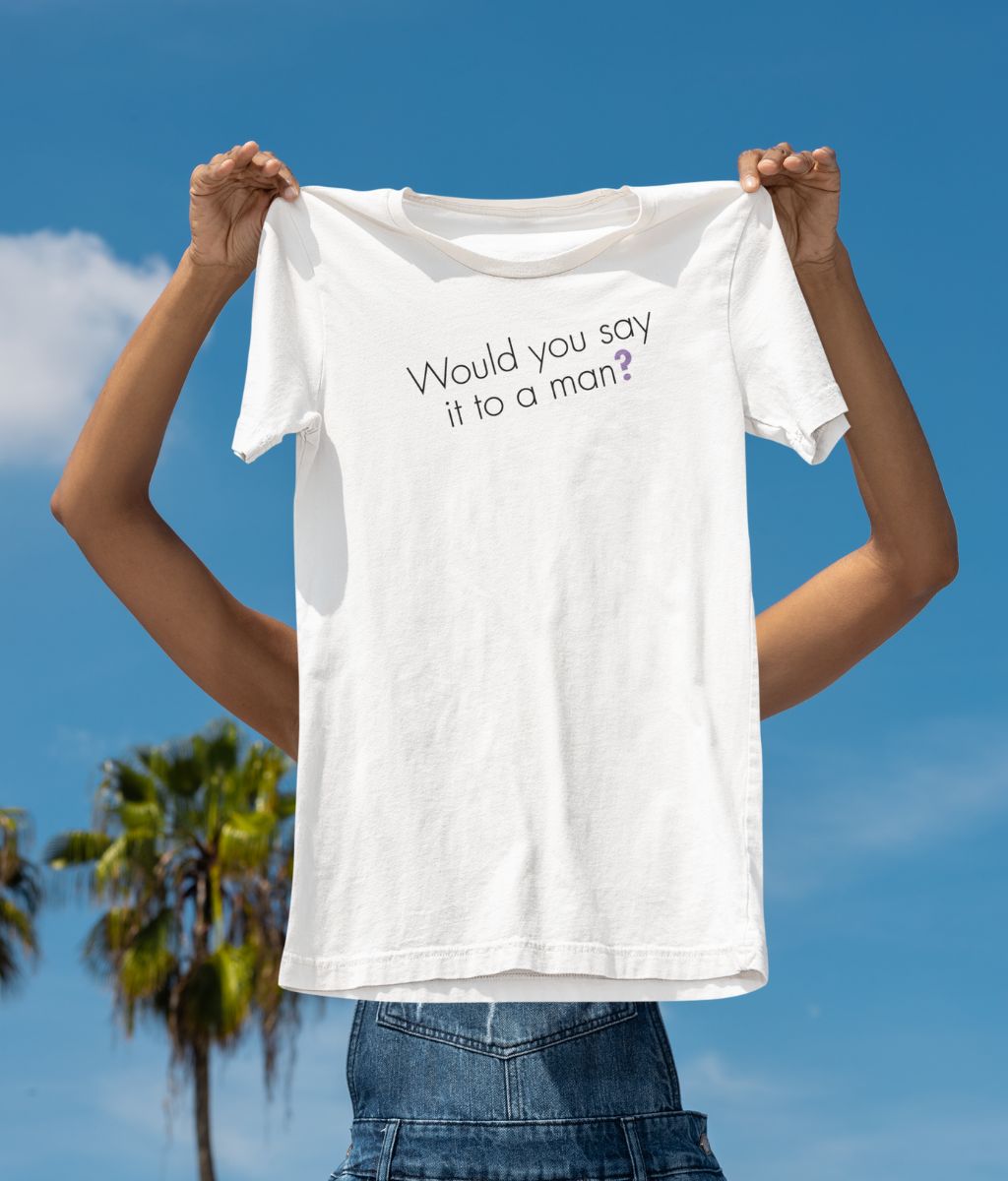
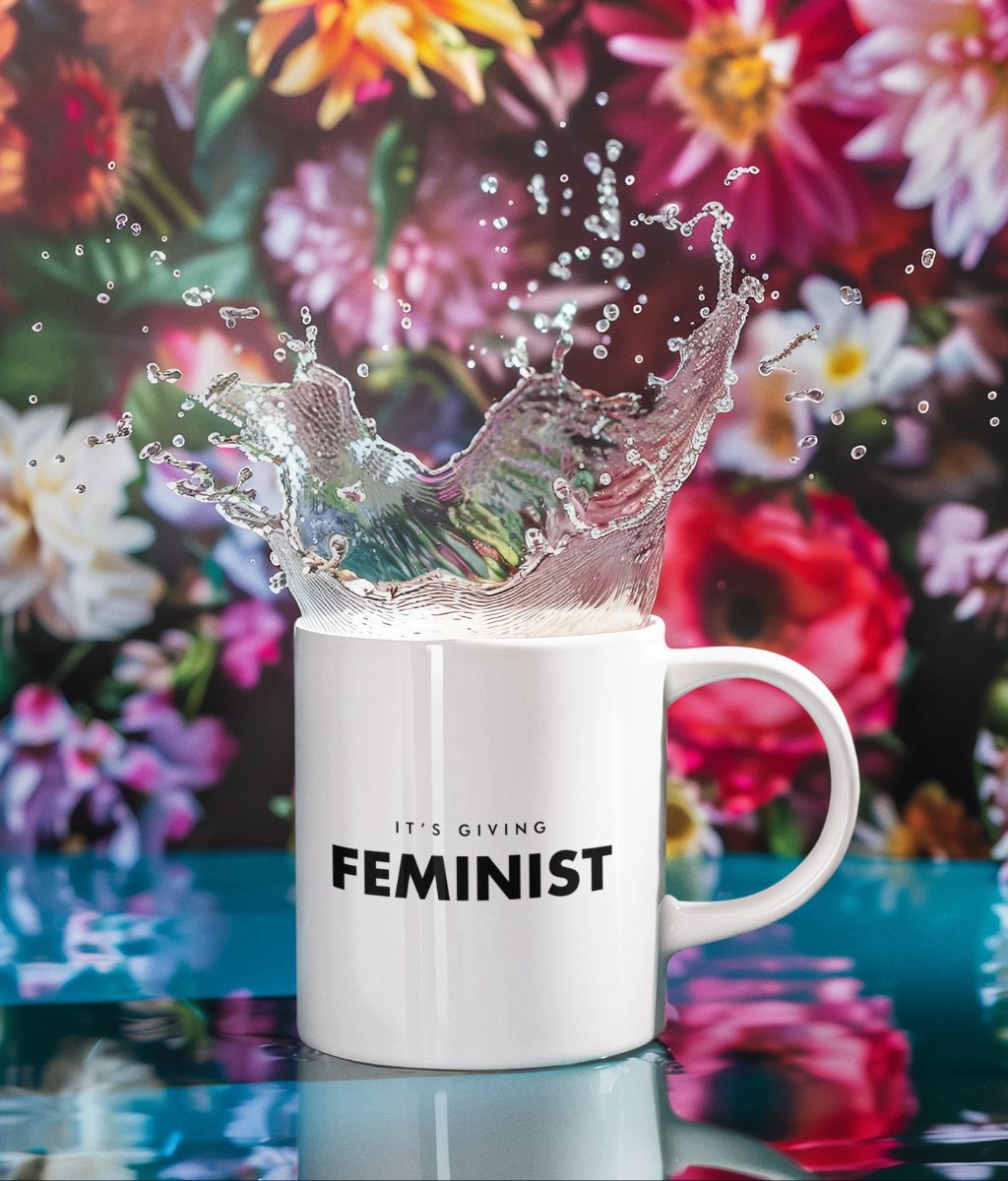
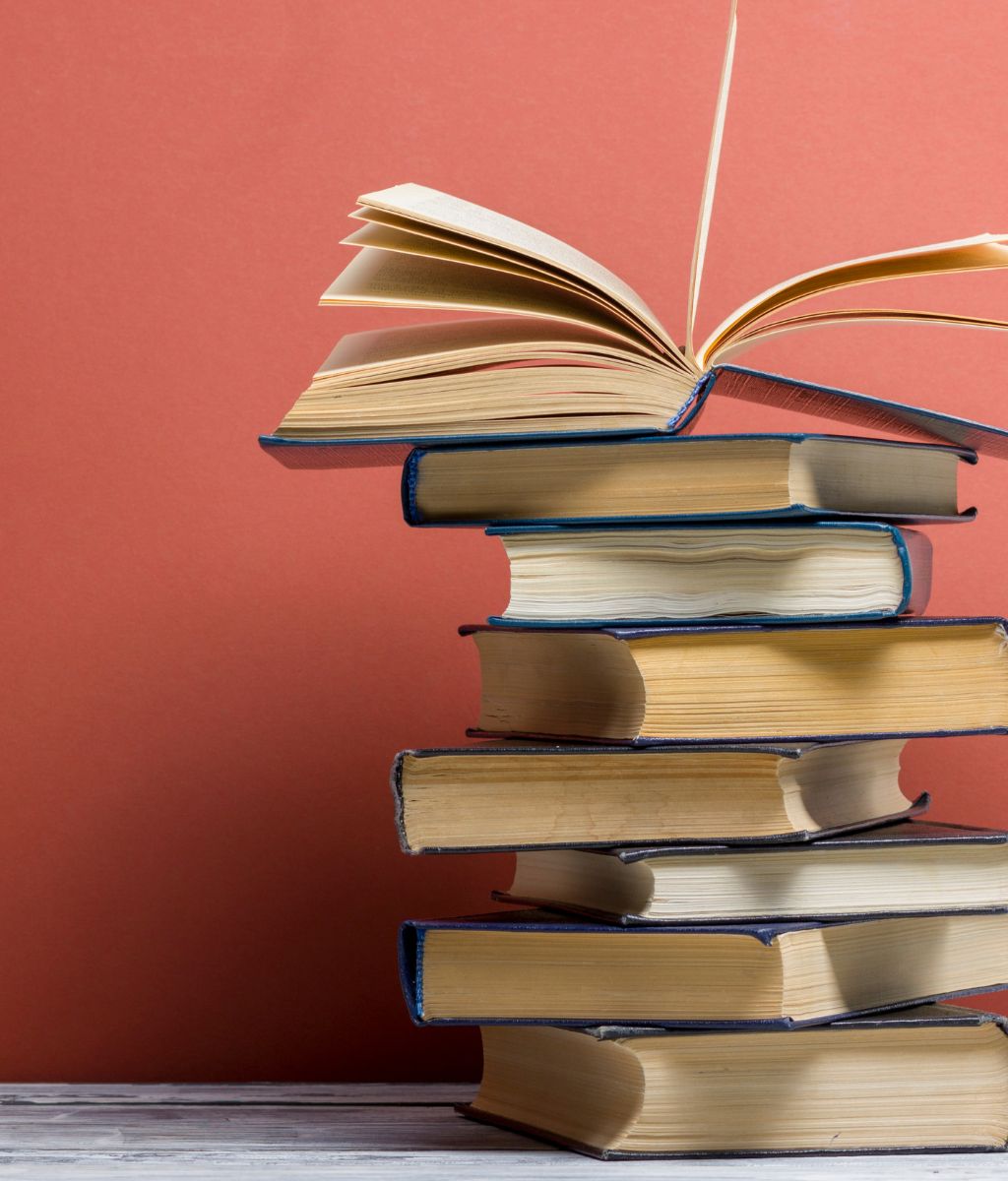
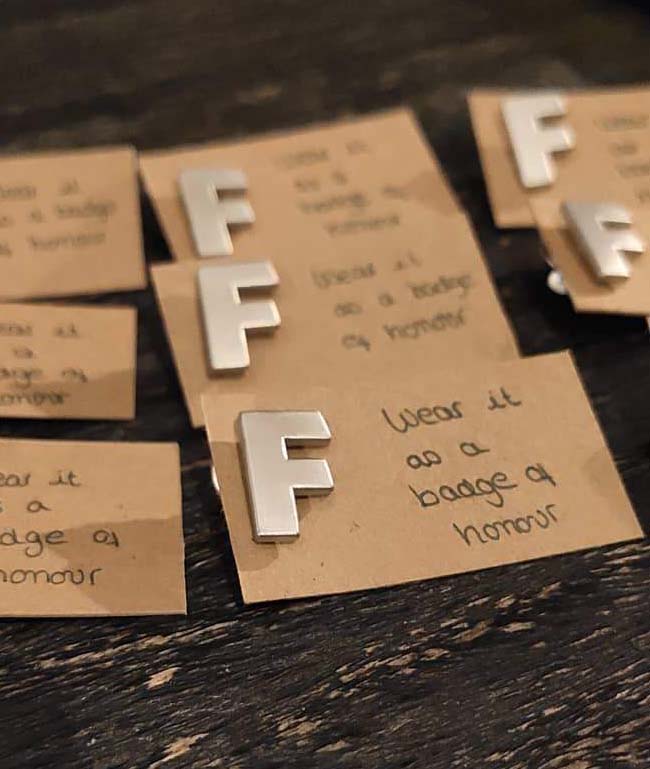
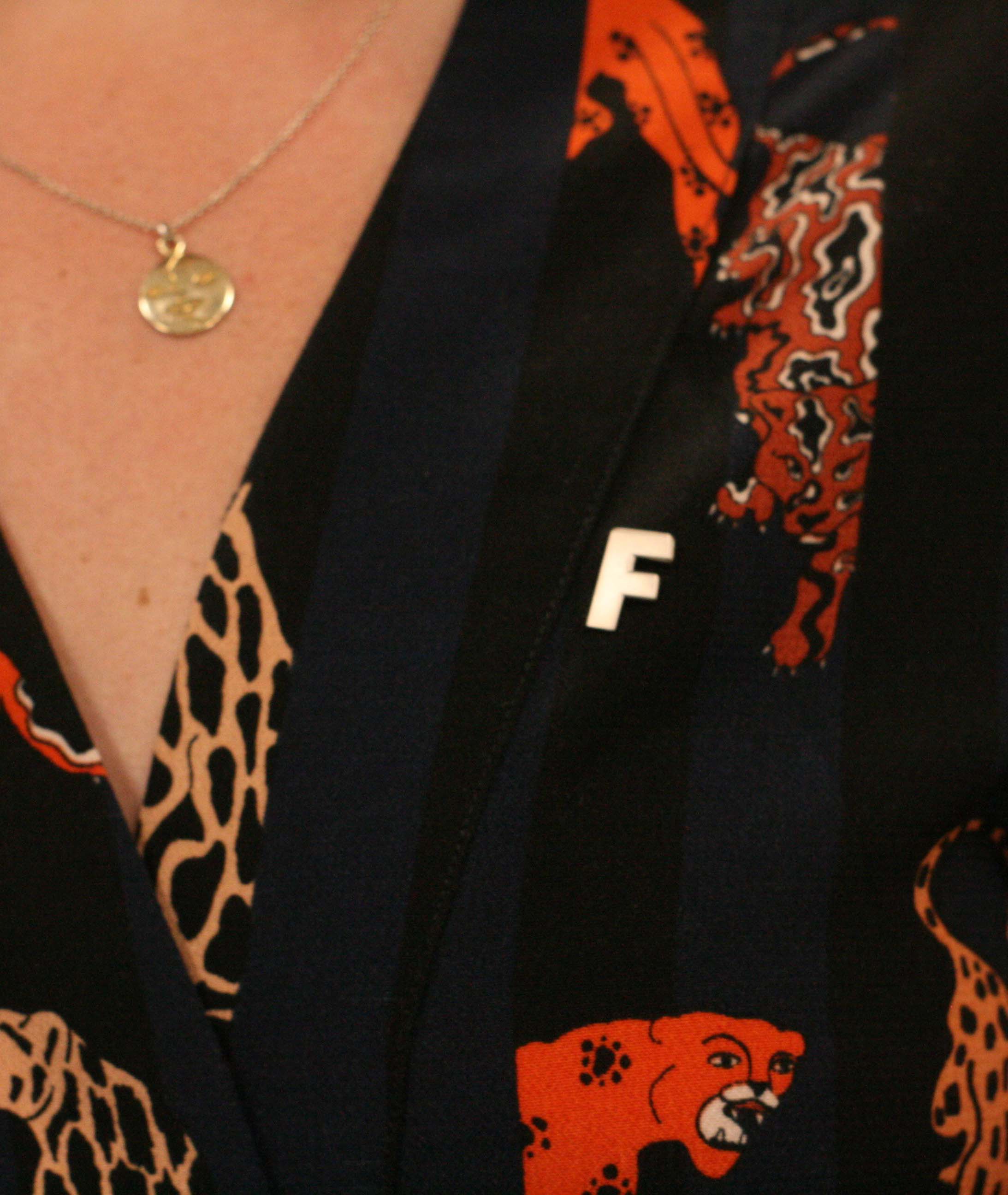
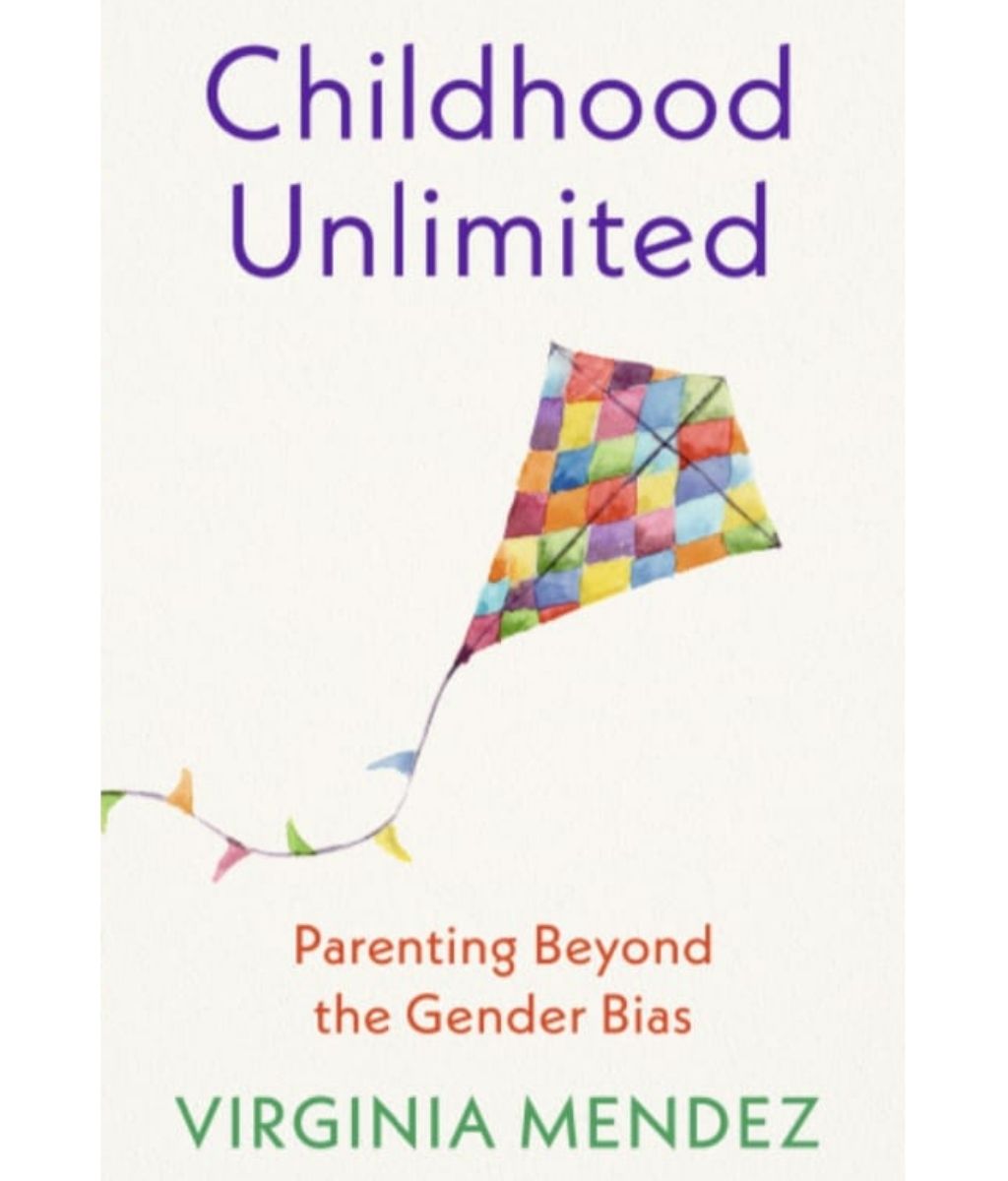
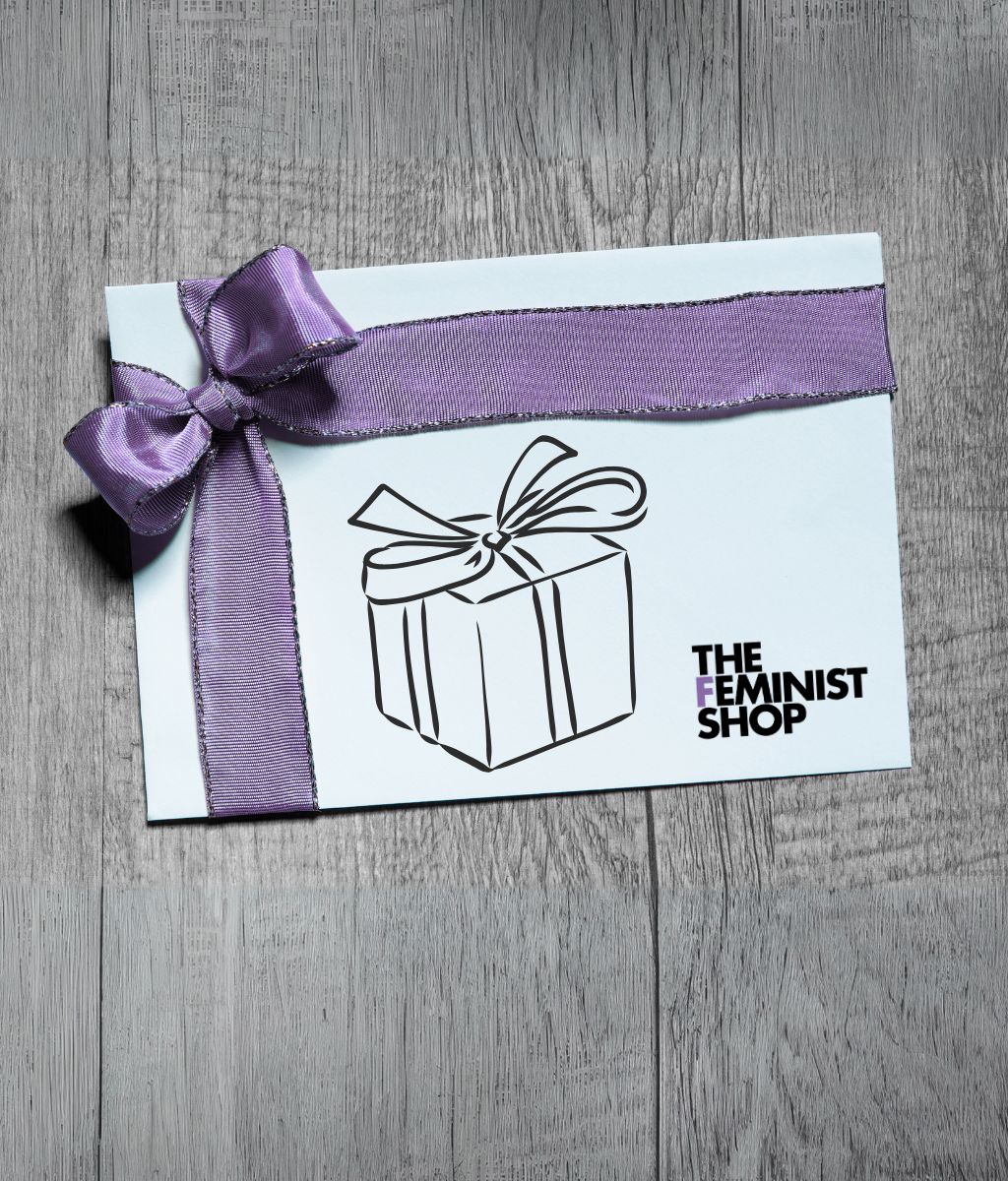
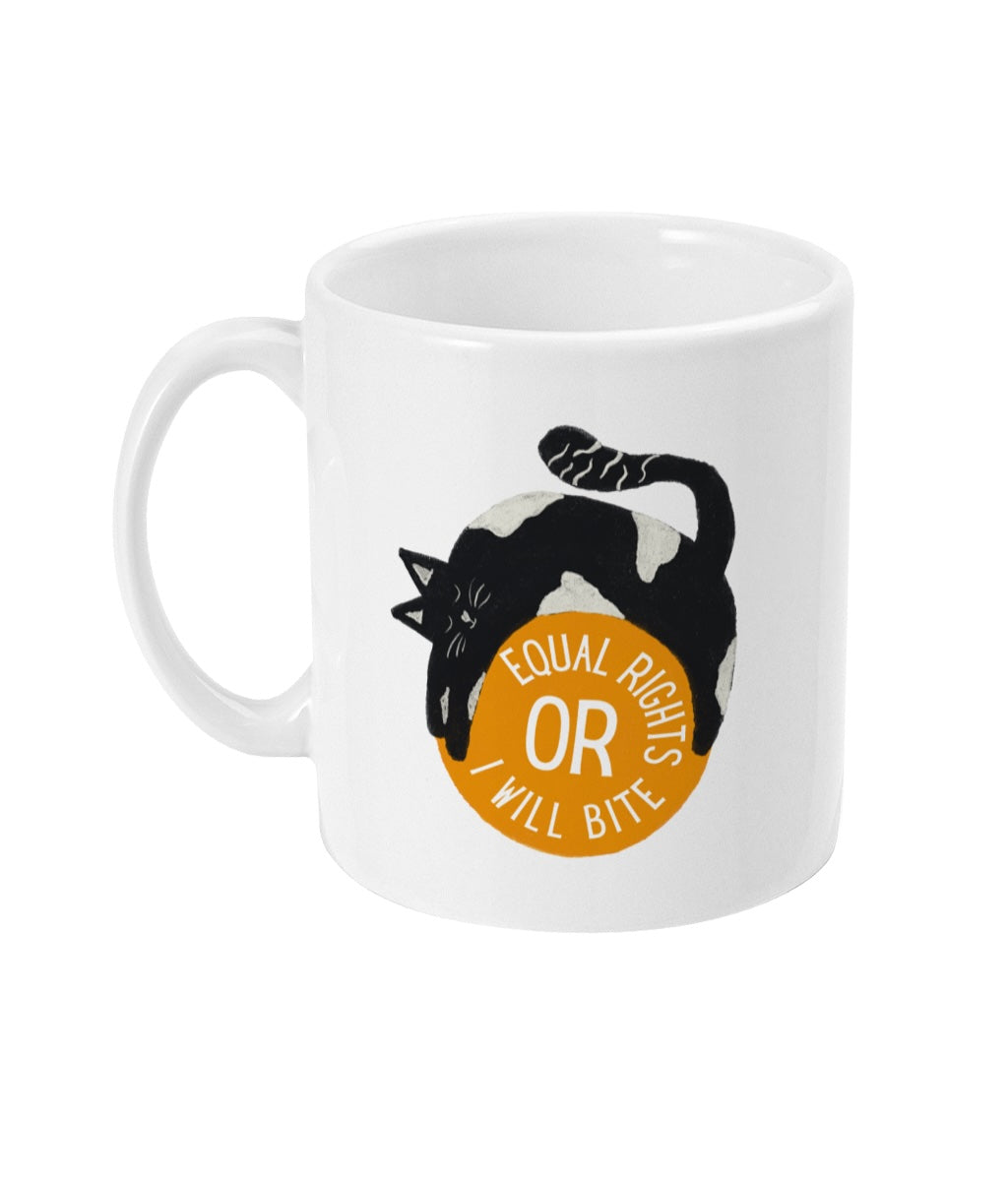
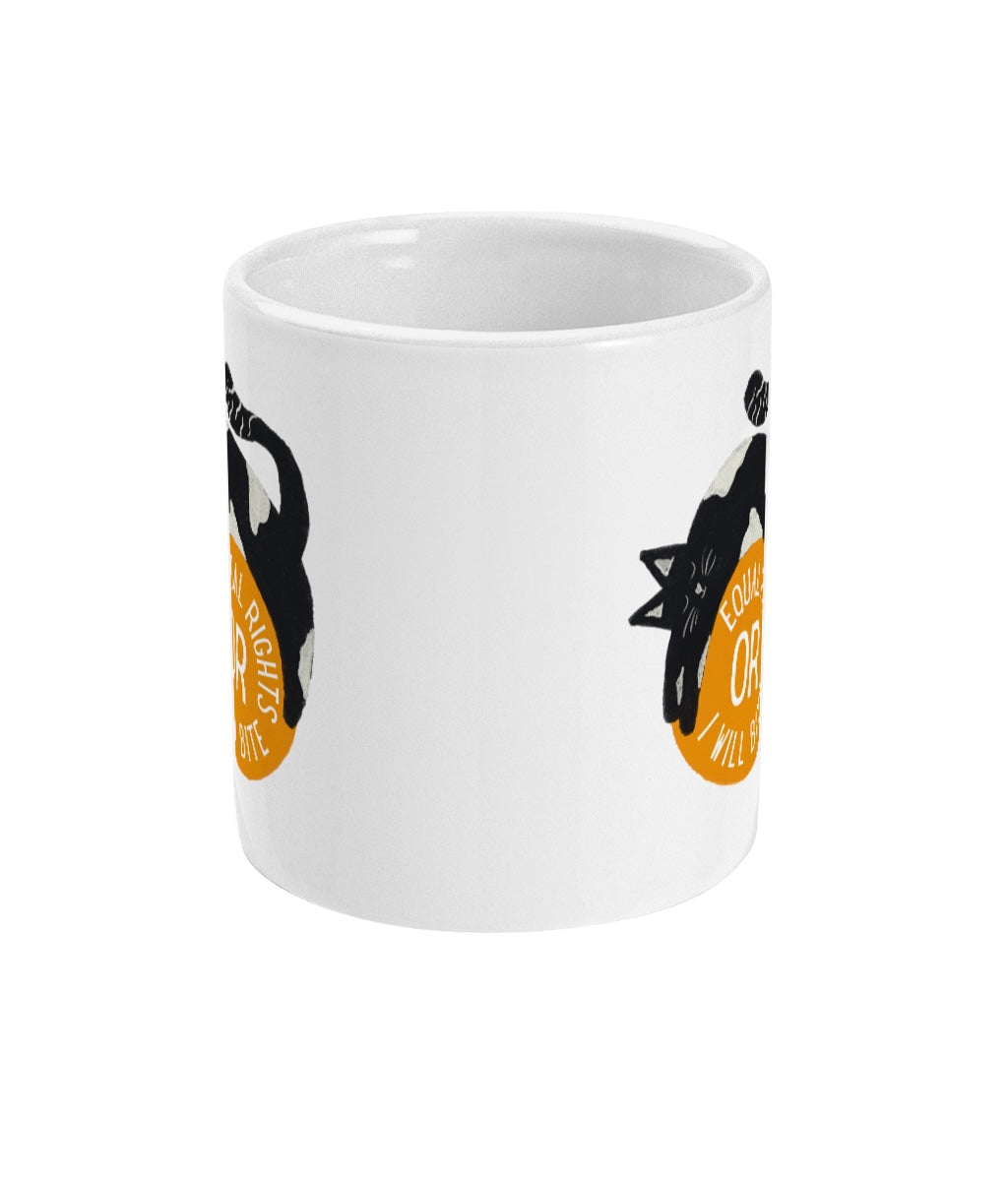
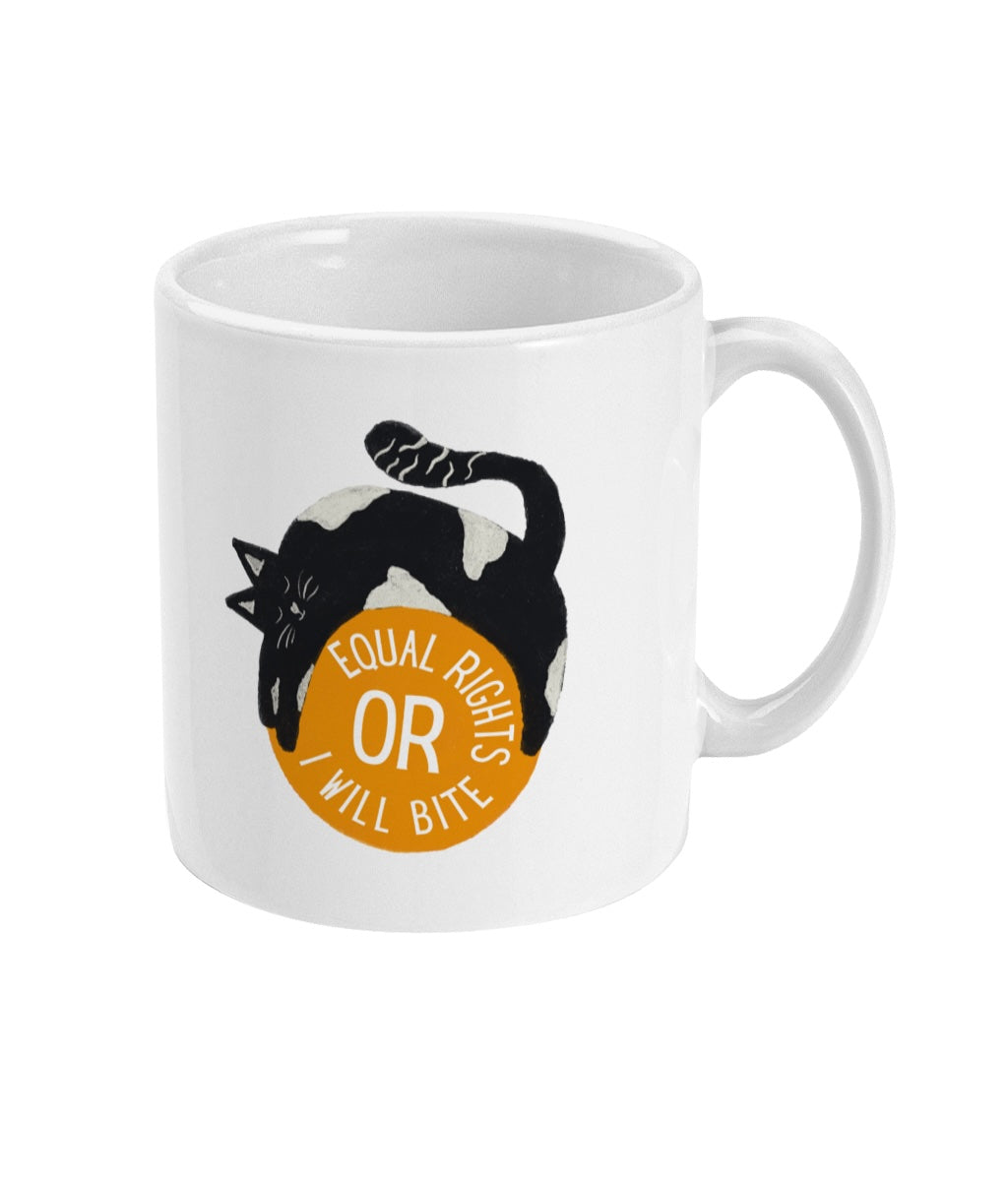
0 comments